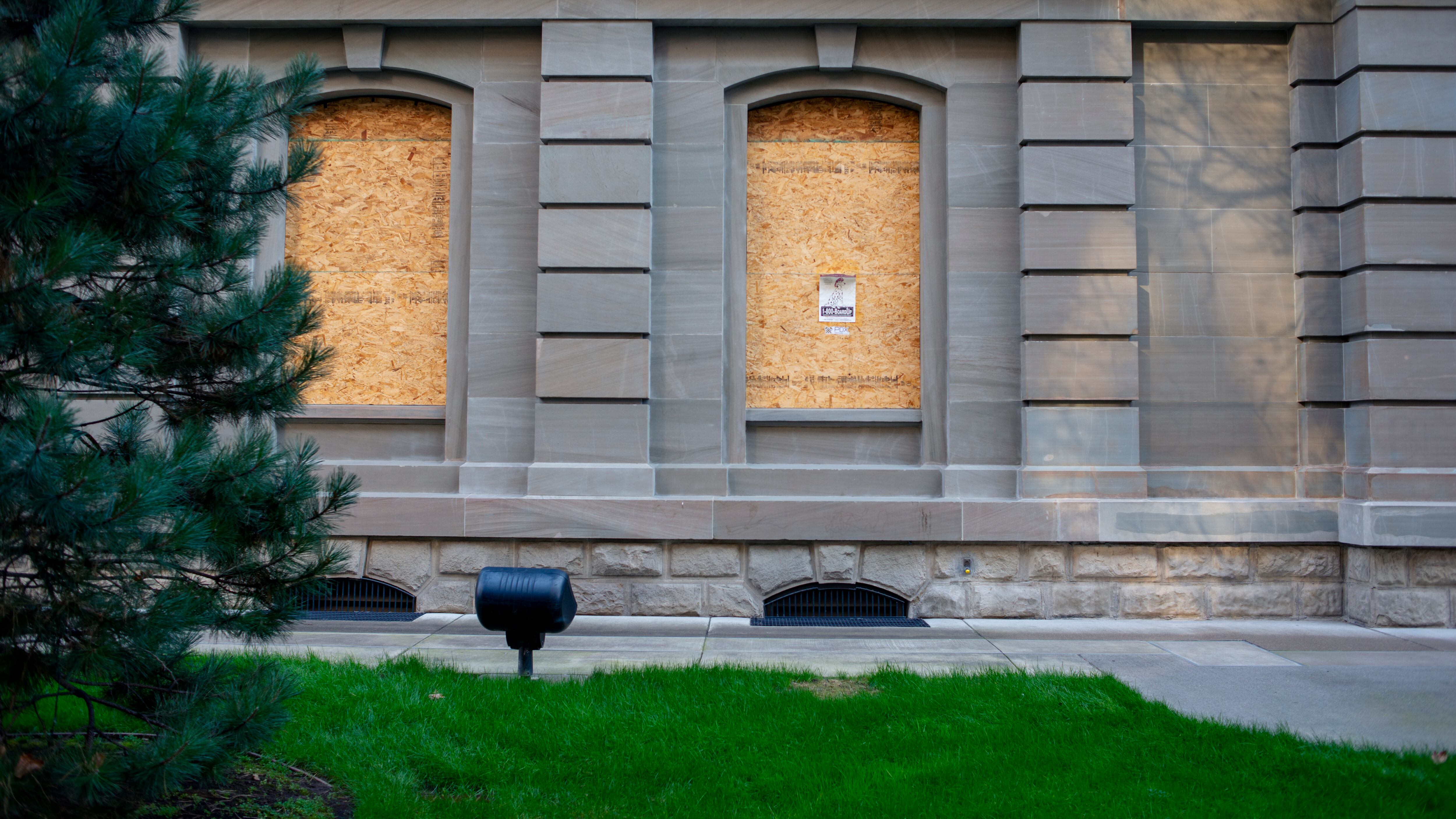The latest workplace survey conducted by the city of Portland shows that nearly 65% of city employees would rather look for employment elsewhere than be required to come to the office more than two days a week.
City employees received the full survey results by email on Tuesday from chief administrative officer Michael Jordan. WW obtained the report that same day.
The figures shown in the report likely aren’t welcome news to city officials who are looking to repopulate the downtown core after two years of pandemic gutted much of its foot traffic.
Some of that hope of revitalization was placed on city employees. After all, many of them work for bureaus headquartered downtown, so they may have seemed like easy recruits to return to the central city.
But the survey released today shows just how resistant people are to returning to in-person work after two years of remote or hybrid work.
Sixty-four percent of respondents to the survey (a total of 3,447 people), said they currently work a hybrid schedule. Another 28% work primarily in person, and 9% work entirely remotely because they got an exception.
A smaller number of respondents responded to more in-depth questions about in-person work preferences: 42% of 2,117 respondents said the ideal number of days worked at the office would be zero. Another 32% said one day a week would be ideal.
Twenty-eight percent of 2,108 respondents said they would consider finding other work if they had to report to work more than one day a week. Another 30% said the same if they had to report to work in person more than two days a week. Fifty-eight percent said remote flexibility was a requirement for remaining in their position.
Among the survey’s takeaways: It appears few employees saw frequenting downtown businesses as a priority for them:
“There is overwhelming sentiment that while city employees enjoy playing a part in a vibrant citywide economy, workplace decisions should not be based on that possibility,” the survey results say. “Respondents by and large said that they should not be placed in the position of being seen as a vehicle for economic stimulus—as many of them have their own financial issues as well.”
One respondent shared in their survey comments: “Staff feel they are being used as a political tool. What is told to staff is that the return to the office is about collaboration, but the politicians are saying that City employees are helping bring life back to downtown and helping businesses, which many staff members feel should not be the driving factor.”
Other topics touched on by the survey included concerns about workplace and downtown safety, concerns about COVID-19 outbreaks, and micro-aggressions experienced by people of color and LGBTQIA+ employees.
In his email to city employees Tuesday afternoon, Michael Jordan wrote, “City leaders will use this feedback as they chart the path forward, and I will keep you updated each step of the way.”
